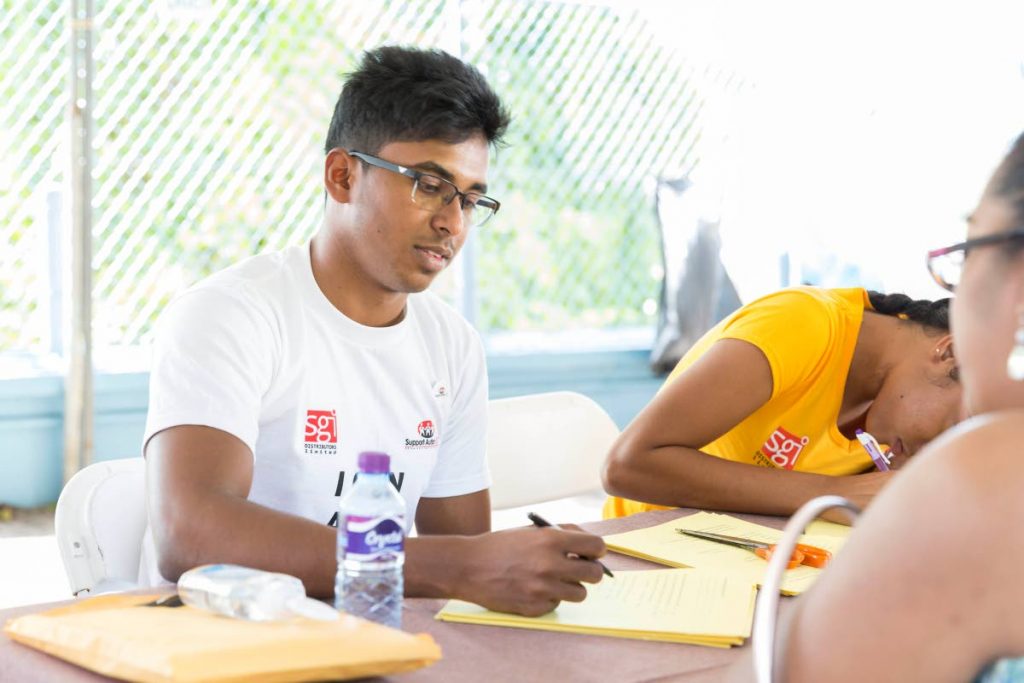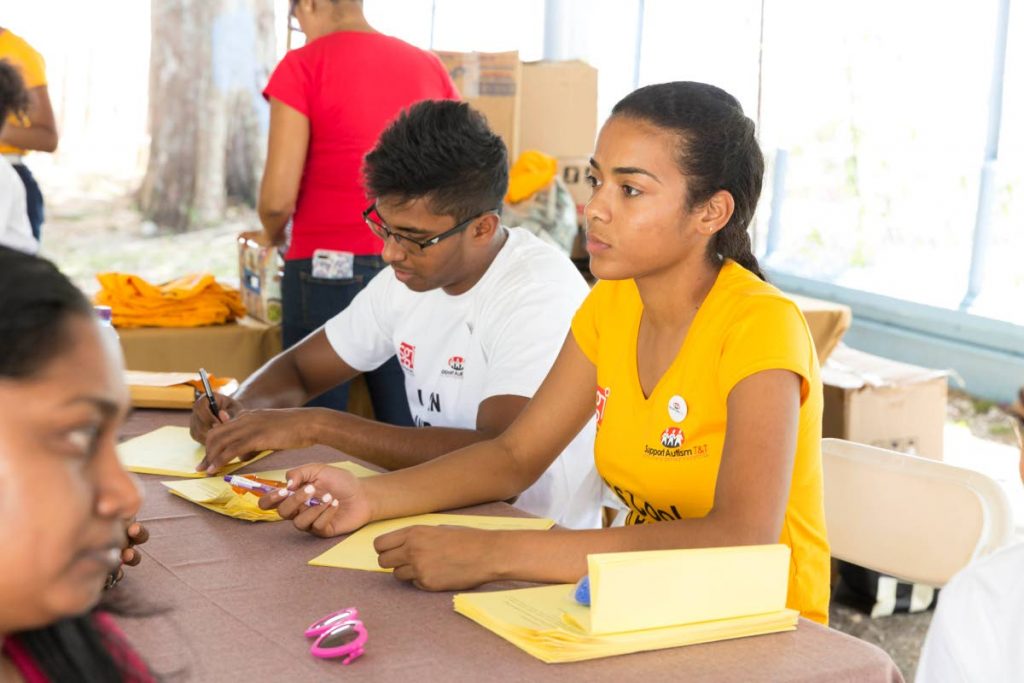Collecting data on autism in TT

DR RADICA MAHASE
ERIKA MALICH, the 2016 Research Award recipient with the Think Tank Initiative at the International Development Research Centre noted that, “We can’t expect policymakers to just know what policies are best for a given context – to make better decisions, they need evidence. This is why local data and research are so important, as they can inform policies to be more effective, and to better respond to on-the-ground realities.” In order for TT to develop and implement effective policies for those with special needs, it is imperative that there is comprehensive research in all aspects of all the various special needs – prevalence, services, etc.
With this in mind, my co-researcher Rishi Ramcharan and I developed the study, A comprehensive investigation of Autism Spectrum Disorder in TT. The aim of the study is to determine the needs of children with autism spectrum disorder (ASD) within TT. The first phase of the study was conducted via a questionnaire which was distributed to parents/guardians whose children had been diagnosed with autism.
Random sampling was used and the sample size was 50. The questionnaires were completed on April 7, at Support Autism T&T’s annual Autism Fun Day at Naparima Girls’ High School, in the presence of research assistants Rajeev Ramlakhan, Tiffany Mohan and Denelle Singh. The sub-sections in the questionnaire were personal information, diagnosis, family income, medical care, therapy services, diet/nutrition, education, financial issues, social life and family support.
Here are some of the preliminary findings of the study:
Geographic location: Respondents came from north, south and central Trinidad and covered areas from Cedros to Arima.

Age parents/guardians were first concerned about the child’s development: All respondents answered that they were concerned about their child’s development before the child was five-years-old. Two respondents were concerned about their children from birth to six months; one became concerned when they child was five-years-old and all the others noticed development delays between six months and four and a half years. In 60 per cent of the cases the child was diagnosed years after the parents became concerned about their children’s development. This is mainly because parents/guardians did not know where and how to access help for their children.
Where was the child diagnosed: Only 37 per cent of the children were diagnosed in a public hospital at no cost while 63 per cent were diagnosed privately. The cost of private diagnosis ranged from $1000 to $5000.
Speech therapy: Speech therapy was recommended for 88 per cent of all the children who were diagnosed. Of those who were recommended speech therapy only 47 per cent were actually attending speech therapy and all of them were doing so privately, not through a public institution. Only two children were attending speech therapy twice per week; all the others attended once per week. Parents spent from $800 to $3400 for speech therapy per month.
AUTISM continues
on Page 24A
The cost of speech therapy ranged from $200 to $450 per session. Sessions lasted from 30 minutes to one hour. Fifty-three per cent were not able to access speech therapy and the main reason given was that parents/guardians could not afford to pay for speech therapy for their children.
Child’s safety: Seventy-five per cent of all parents/guardians are highly concerned about their child’s safety.
Social life: All the respondents take their children out in public spaces such as shopping malls, cinemas, beach, etc. Sixty per cent of respondent take their children out either daily or a few times a week while 40 per cent take them out a few times for the month. Parents/guardians listed the following as some of the reasons why they prefer to stay away from public spaces: people stare and judge their children; some of the children get meltdowns; their children dislike crowds and loud noises; the child may try to run away; and various behavioural issues.
Activities parents/guardians want for their children: Parents/guardians will like their children to participate in a variety of activities. Physical activities such as swimming and other sports, art and craft and music and dance are just some of the activities that the respondents listed.
As mentioned earlier, these are just some of the preliminary, general findings of the first phase of some of the topics covered in the study. This study will be expanded to include other research topics, a wider sample population and various data collection methods. Data collected from this study can be used to inform the policy-making process in TT. Thank you to Research Assistants Rajeev Ramlakhan, Tiffany Mohan and Denelle Singh for working with the parents to complete the questionnaires.
Dr Radica Mahase
Founder/Director, Support Autism T&T

Comments
"Collecting data on autism in TT"